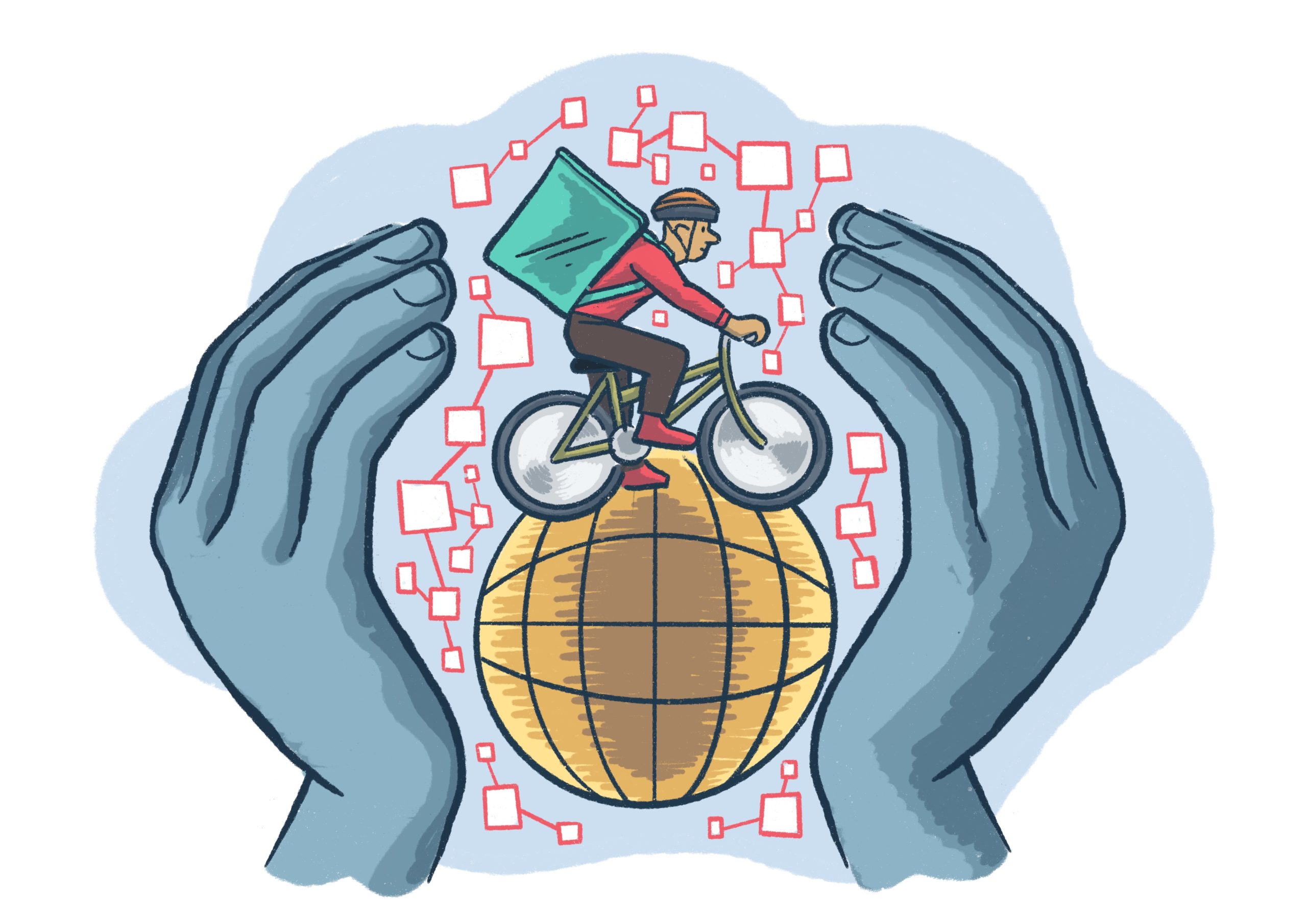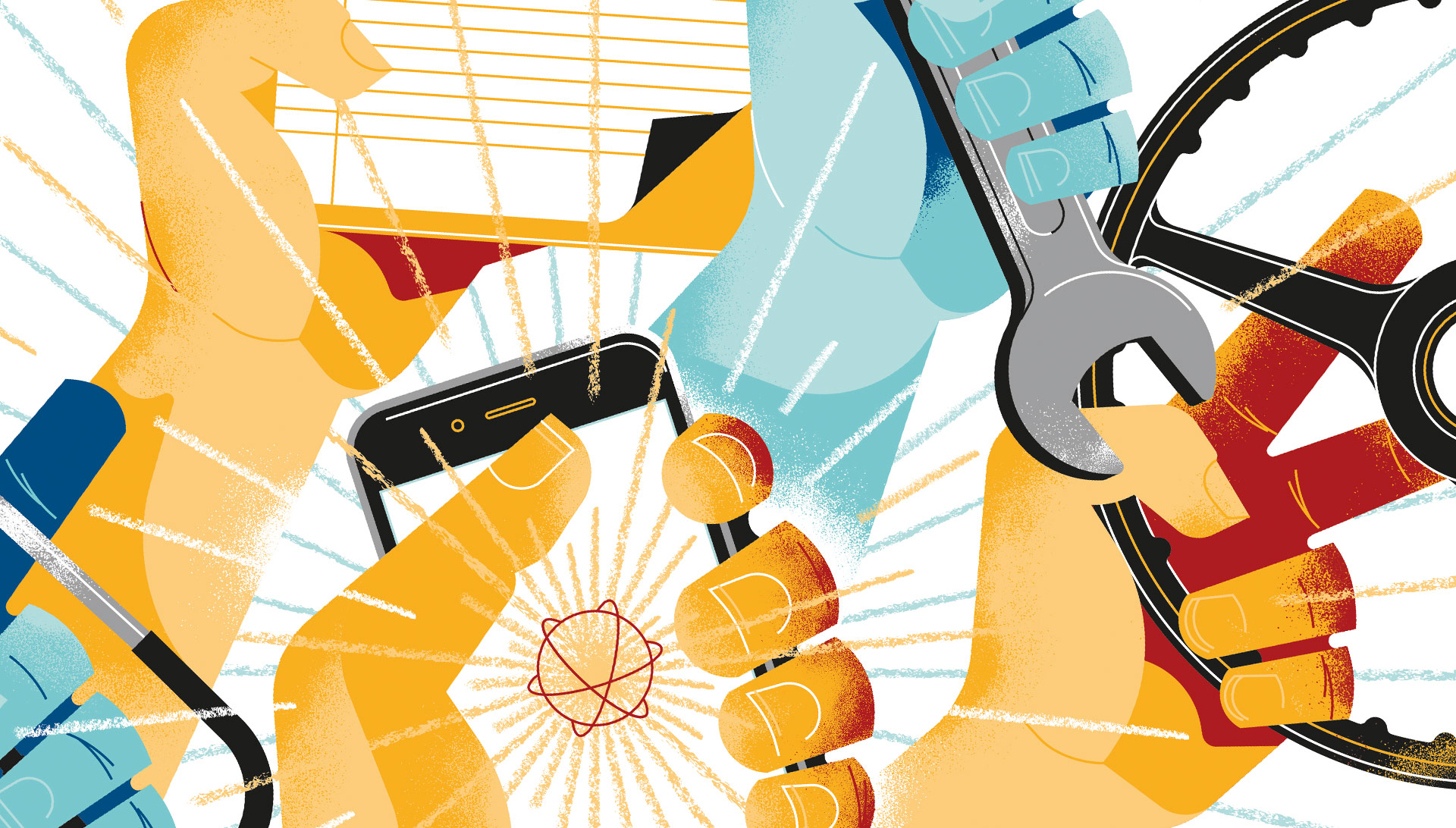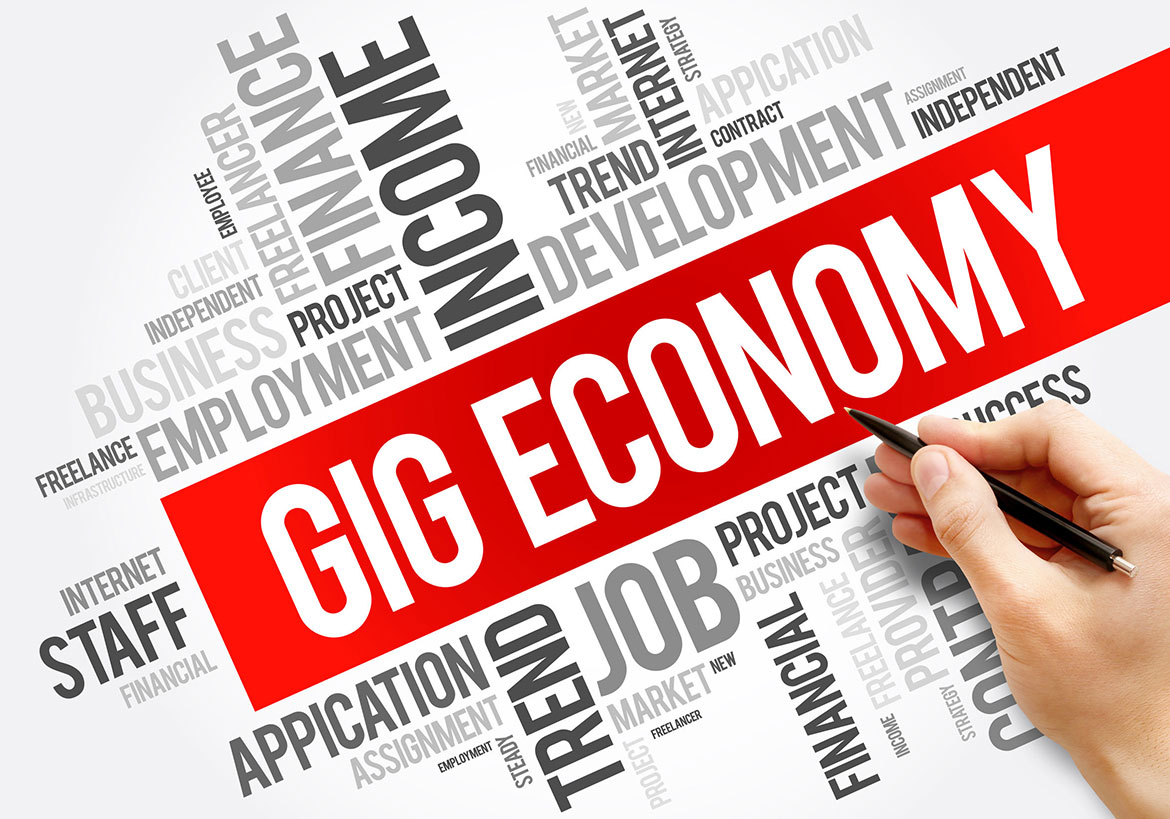In recent years, the labor market has experienced a significant transformation. Factors such as an aging population, reduced immigration, and a decline in labor force participation among men have contributed to a historically tight job market. However, one of the most notable changes has been the rise of the gig economy, which is reshaping the way people work and how companies hire.

Why the Gig Economy is Gaining Traction
As baby boomers reach retirement age and long COVID potentially reduces the US labor force, the gig economy has emerged as a viable alternative for both workers and employers. According to a study by ZipRecruiter, it takes an average of three months to find a new job in the current market. However, the gig economy offers workers the flexibility and autonomy they increasingly desire, while allowing companies to hire more quickly and cost-effectively. This has led to a shift in the job market, with workers opting for higher wages at Amazon fulfillment centers or flexible gig economy jobs, as seen with convenience store chain Sprint Mart.

Wage Growth and the Impact on Inflation
As the gig economy continues to grow, companies are being forced to adjust their wage, benefit, and working-condition strategies to remain competitive. The Federal Reserve is closely monitoring these trends for their impact on inflation and monetary policy. While Chair Jerome Powell has stated that the recent pace of wage growth is inconsistent with the Fed’s inflation mandate, Atlanta Fed President Raphael Bostic expects businesses to eventually normalize the pace of wage increases. This suggests that wage growth may slow down as companies avoid getting wages too much out of alignment with long-term plans.

Adapting to the New Job Market
As the gig economy changes the job market landscape, companies are using flexibility on hours and other incentives short of higher wages to attract employees. Automation is also becoming the norm, allowing workers to focus on higher-level tasks and requiring them to upskill themselves to remain employable. Digital workspaces, such as Bespoke virtual spaces, are the future of work, providing a 3D office experience in virtual reality.

The Future of the Gig Economy
The gig economy is poised to play an increasingly important role in the job market. As technology automates the administrative aspects of jobs that nobody enjoys doing, workers can focus on high-value situations, and companies can benefit from a more flexible workforce. With the labor market firing on all cylinders in industries like healthcare, leisure, and hospitality, the gig economy will continue to shape the way people work and how companies hire for the foreseeable future.
